Buscador
- Home
- What to visit?
- House Museum of Traditional Cutlery
House Museum of Traditional Cutlery
- Taramundi
- Museum
Located in Pardiñas, 1 km from the capital of the council, the museum of the Cutlery offers the possibility of approaching the most representative trade of the council of Taramundi: the navalleiros.
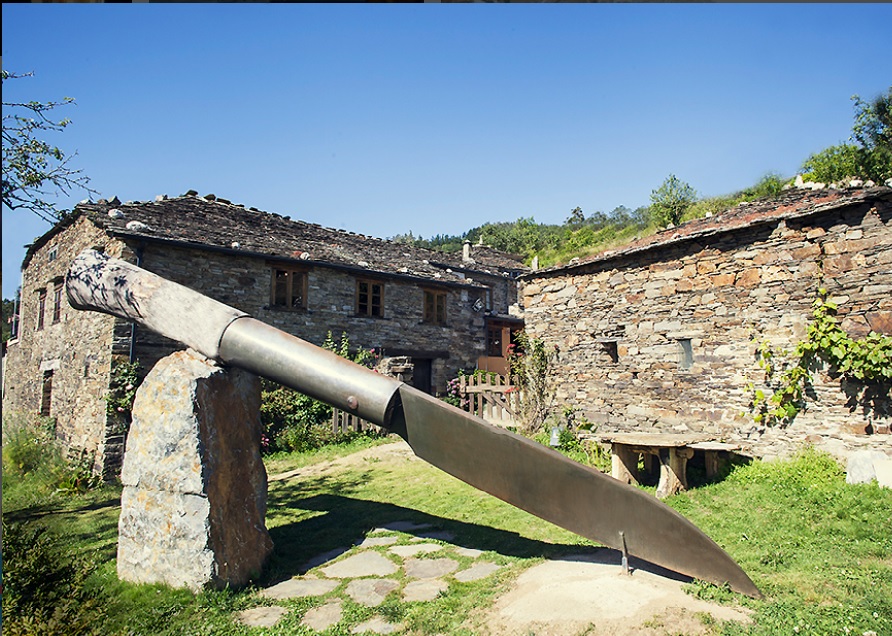
For this purpose, inside an old traditional building, a history room has been installed, another room where the techniques used for the production of cutlery are explained, as well as two rooms containing a collection of knives, knives and scissors from Taramundi and the rest of the region. In an adjoining building, which was used by the former owners as a forge and carpentry workshop, a cellar or traditional cutlery workshop set in the first half of the twentieth century has been installed.
The Museum is located in the itinerary of the route of the ironworkers, which brings the visitor to know villages and spaces directly related to this trade, so it is an appropriate complement to correctly interpret the route of this route.
Basic information
- 985646810
- info@navallasdetaramundi.com
- See website
- Pardiñas, s/n - Taramundi
Schedule
High season (01/07-15/09, Easter and national holidays): from 11:00 am to 2:00 pm and from 4:00 pm to 8:00 pm.
Demonstrations every half hour.
Rest of the year: from 11:00 am to 2:00 pm and from 4:00 pm to 7:00 pm. Closed Sunday afternoon and Monday all day.
Prices
Adult: 3 €
Children (6-12 years old): 1 €
Groups (minimum 12 persons): 2 €
What to see?
-
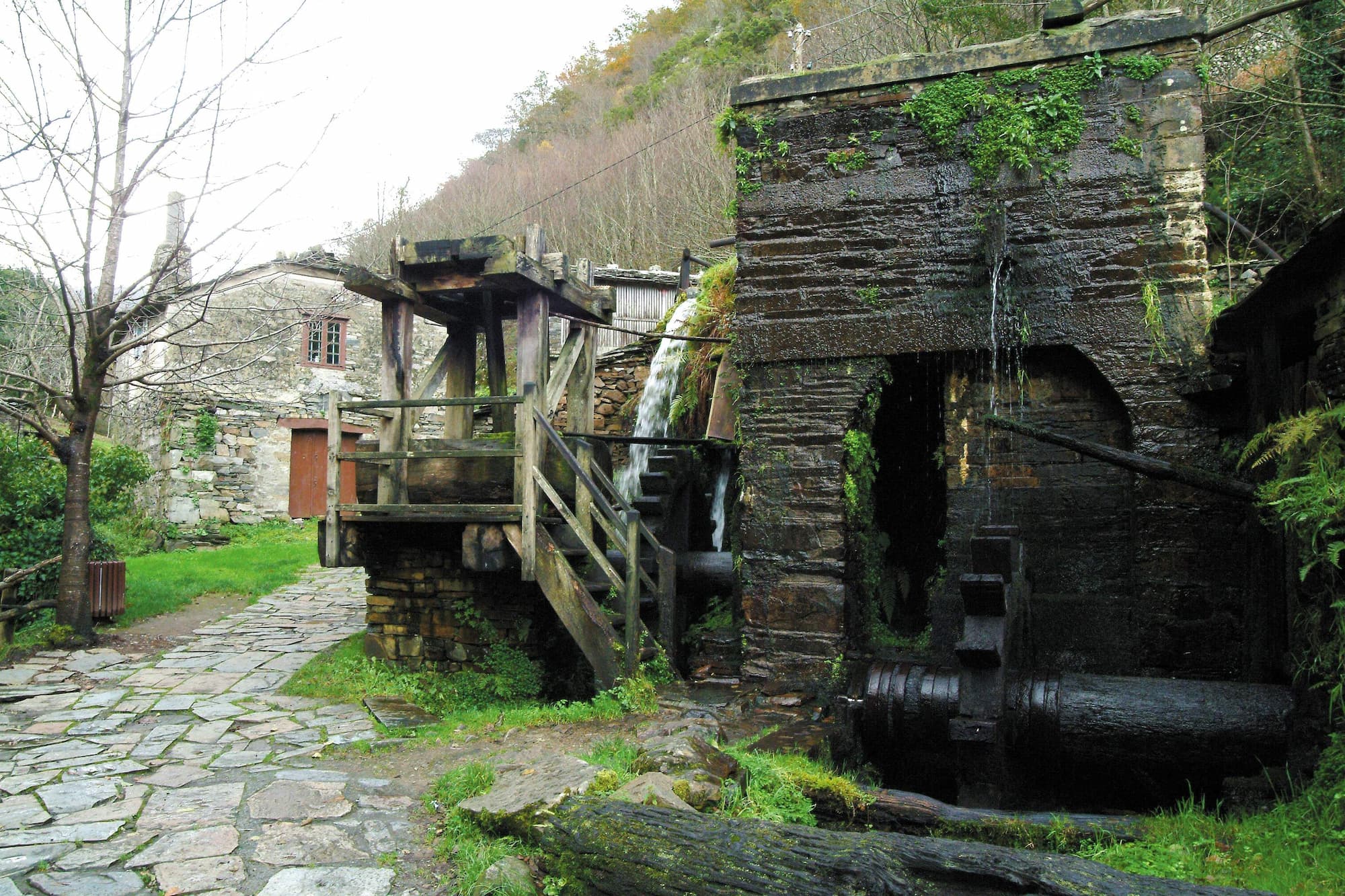
Os Teixois Ethnographic Ensemble
- Taramundi
- Ethnographic set
Os Teixois is one of the most interesting ethnographic sites in Asturias, where we can find several hydraulic devices recovered and available to anyone who wishes to visit them.
-
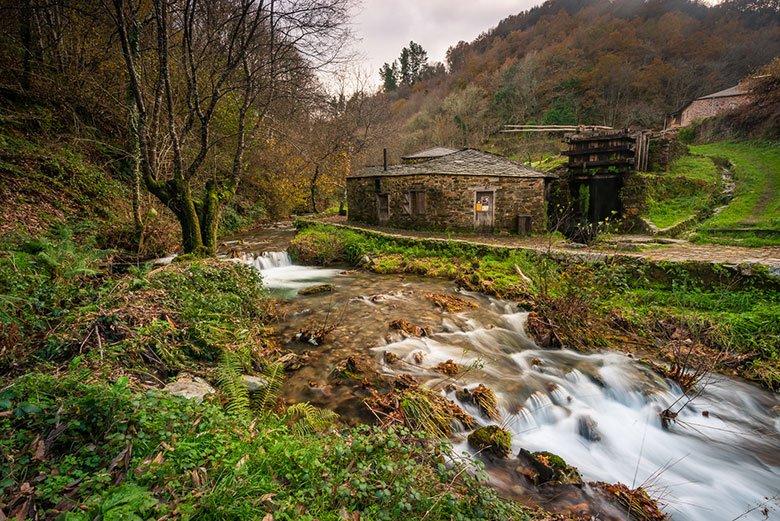
Mazonovo Mallet
- Santa Eulalia de Oscos
- Ethnographic set
The Mazonovo Mallet is located about 3 km from Santa Eulalia. It is a 17th century mallet active in the 21st century. This set is restored and rehabilitated in its integrity for the understanding of the iron industry. The building of the mallet stands out for being in a state in which it has not suffered great modifications with the passage of time. Here you can forge your own nail and take it as a souvenir.
-
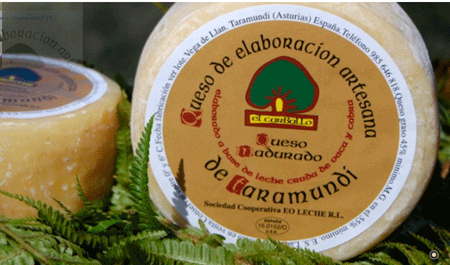
Eo Leche Artisan Cheese Factory
- Taramundi
The Eo Leche Taramundi cheese factory is located in the Parque de Empresas Artesanas, about 400 meters from the center of the town of Taramundi.
-
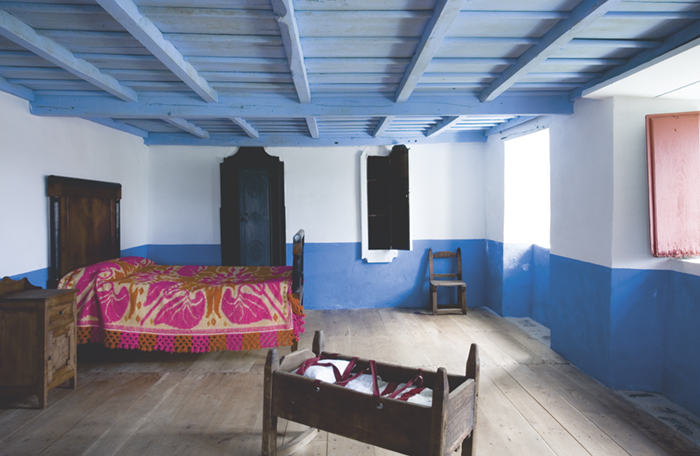
Casa del Marco Interpretation Center “Casa Campesina Museum”.
- San Martín de Oscos
- Museum
In the town of Villarquille (San Martín de Oscos) we find the Casa del Marco, a peasant house with its furniture, tools and implements which shows the way of life of the rural society of the region until the mid-twentieth century.
-
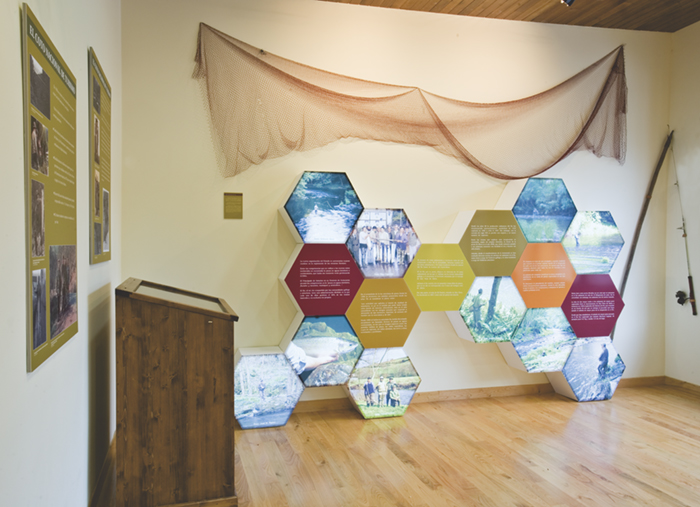
Interpretation Center of Fishing in the Eo River
- San Tirso de Abres
- Interpretation center
Through different media (audiovisual, photographic and computer) we can learn about the Eo River, the different species that inhabit it or the relationship of man with the river; how humans have taken advantage of the wealth offered by its waters and, above all, the importance that fishing has had in the area.
-
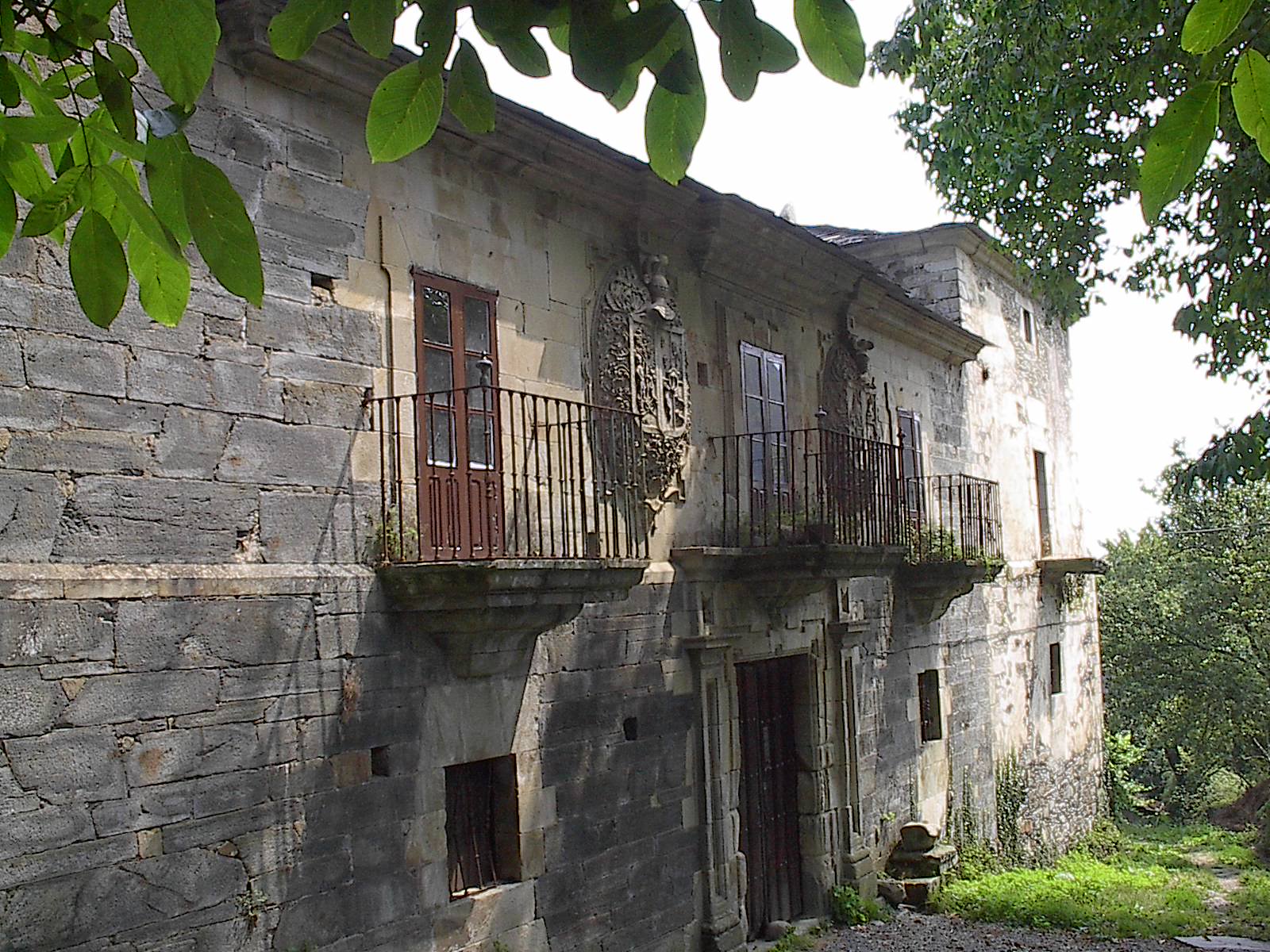
Mon Palace
- San Martín de Oscos
- Heritage
Among the artistic heritage of San Martín de Oscos it is worth mentioning the legendary and majestic Palacio de Mon. Conditioned by the sloping terrain, its main facade faces south while its foundations adapt to the slope, fitting into the west bay below ground level while developing height to the east.


